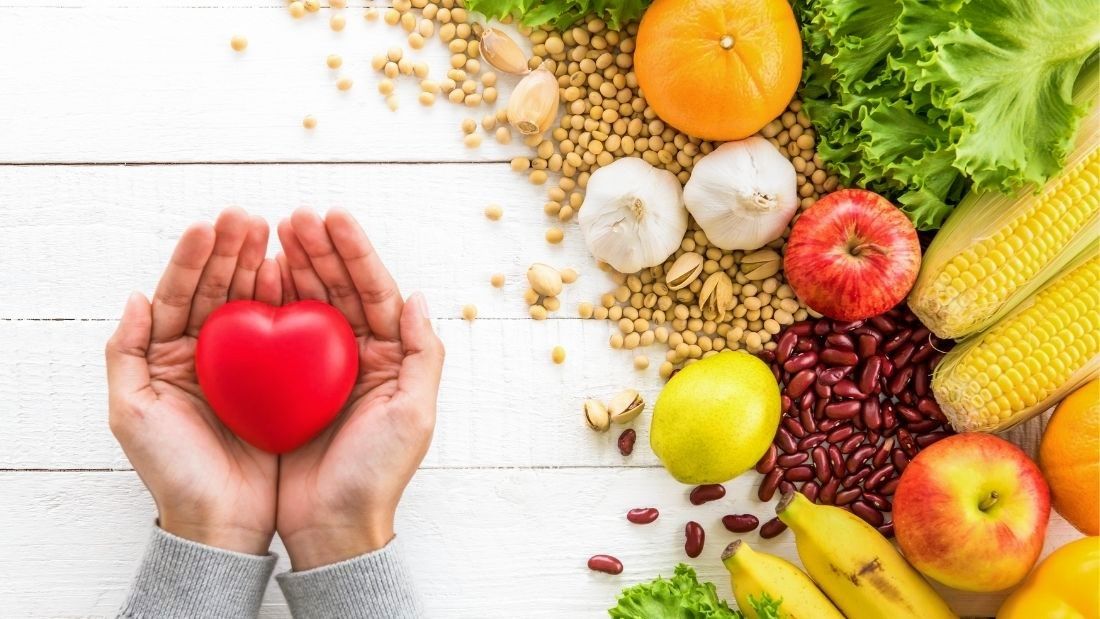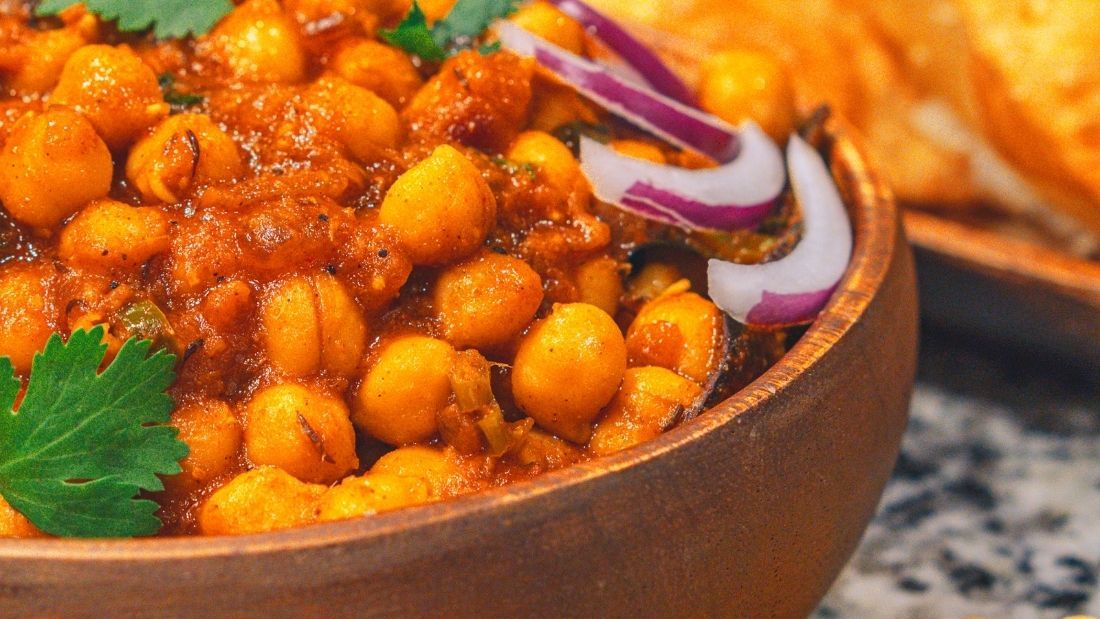8 ways to lower your cholesterol

The lowdown on cholesterol
Although we usually think of cholesterol as bad, and something to avoid at all costs, our bodies do actually need some cholesterol to function healthily.
Cholesterol is a blood lipid – a waxy, fatty substance that circulates in your blood. We need it to help to build cells, make vitamin D and a range of hormones. The body makes cholesterol in the liver but is also found in animal-based foods – plant foods contain none.
What causes high cholesterol?
There are two types of lipoprotein (proteins that carry fat) that transport cholesterol. The good type, HDL, carries cholesterol away from the cells and back to the liver where it’s broken down and passed out of the body as waste.
The bad type, LDL, carries cholesterol to the arteries, but if you get too much it can build up and form plaques on your artery walls. This can narrow the arteries, restricting healthy blood flow and making heart attacks and strokes more likely. High cholesterol levels may result from eating too much saturated fat; the unhealthy type found in meat, eggs, dairy, pies, pastries, processed foods, fatty spreads, coconut oil and palm fat, but also from foods high in saturated and trans fats.
However, you can still have high cholesterol even if you have a healthy diet, as it is also affected by genetics, and lifestyle factors such as smoking, drinking alcohol, being overweight and not being physically active.
Rates in the UK are among the highest in the world, with three out of five adults considered to have cholesterol levels that are too high.

8 ways to lower your cholesterol
1. Eat plant foods
There is absolutely no cholesterol in plant foods – so, it follows that a vegan diet is completely cholesterol-free. A 2013 EPIC-Oxford study found that British vegetarians and vegans have a whopping 32 per cent lower risk of heart disease than meat and/or fish-eaters. The lower risk, they said, among vegetarians and vegans can be largely explained through reduced levels of well-established risk factors for heart disease, such as cholesterol levels and blood pressure.
2. Oats for breakfast
Oats contain soluble fibre, which reduces your LDL cholesterol levels and reduces the absorption of cholesterol into your bloodstream. A small 50 gram-sized serving provides nearly five grams of fibre and this can be boosted by adding dried fruit, nuts, a banana or berries and soya milk.
3. Choose wholegrain
Wholegrain foods such as brown rice, wholemeal bread and wholewheat pasta can also help lower cholesterol because of the fibre they contain. Simply swap refined white bread, rice and pasta for healthier wholegrain varieties.
4. Avoid trans fats and limit saturated fats
All major health organisations agree that saturated fat is a risk factor for heart disease. The cholesterol made by the body is increased by saturated fat and trans fat in the diet.
Trans fats are found in processed foods which contain hydrogenated vegetable oil, such as biscuits, cakes, pastries and spreads. However, many producers have now removed hydrogenated (hardened) vegetable oil from their products. Whilst a biscuit or cake every now and then probably won’t make a huge difference, eating a packet a day is not advisable.

5. Fill up on pulses
Pulses, such as lentils, chickpeas and kidney beans, are another wonder food for lowering cholesterol. They are especially rich in fibre which takes a while for the body to digest. This means you feel full for longer, which helps if you want to lose weight.
6. Make sure you get your five a day (at least!)
Fruit and vegetables are naturally very low in fat and full of cholesterol-lowering fibre, so make sure you get at least five a day – the more the better!
7. Go nuts for nuts
Many studies show that nuts are good for your heart – they can help to reduce abdominal fat, cholesterol, blood pressure and blood sugar, as well as improving the balance of fats in the blood. Aim for a small handful of Brazil nuts, cashews, walnuts or pistachios per day.
8. Don’t be afraid of soya
Soya can be effective at helping to reduce cholesterol. It contains fibre, unsaturated fats and a range of vitamins and minerals. Just 25 grams of soya protein a day can reduce your cholesterol – you can get that from 100 grams of tofu, a 200ml glass of soya milk and one soya yoghurt.
Combine all of these with making sure that you get regular exercise and your heart will thank you!




